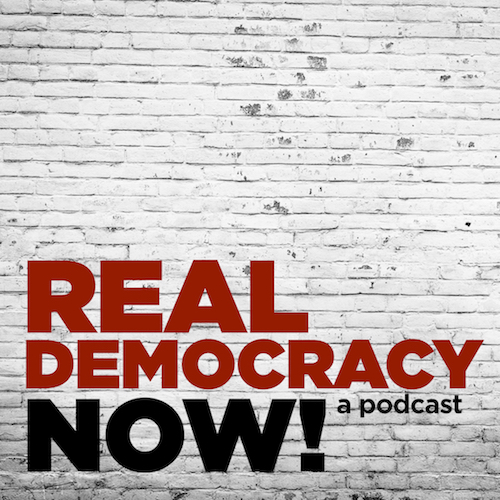1.16 Deliberative Polling with Professor Fishkin
Professor Fishkin developed the idea of deliberative polling in 1998 since then deliberative polls have been held in over 24 countries and once in 22 languages simultaneously. Professor Fishkin holds the Janet M. Peck Chair in International Communication at Stanford University where he is Professor of Communication, Professor of Political Science and Director of the Center for Deliberative Democracy.
Deliberative polls have been designed to provide the conditions under which people can think about an issue and decision-makers can see how those people’s views change as a result of this process. The conditions Professor Fishkin identifies as optimal include:
- carefully vetted and balanced briefing materials
- randomly allocating participants to independently moderated small groups
- groups work together to identify the questions they want to be answered
- experts from different sides of an issue provide answers to those questions
- repeat the previous three steps multiple times.
A confidential survey is administered before and after the face-to-face meeting with the same questions in both plus some evaluation questions in the post-process survey. Generally, participants’ policy positions will change significantly as a result of being exposed to information and having their questions answered. Professor Fishkin and others’ research suggests that people become more ‘public spirited,’ making decisions based on the needs of the community rather than themselves. Fishkin sees deliberative polling as providing what Mills called ‘schools of public spirit.’
Professor Fishkin provides many examples of deliberative polls and their outcomes. One involved eight deliberative polls across Texas on energy futures which lead to Texas moving from the last place in 1996 to first place in 2007 in the US for the use of wind power.
In next week’s episode, I will be talking to four everyday people who were randomly selected to participate in deliberative mini-publics in the UK, Canada, and Australia. I hope you’ll join me then.
